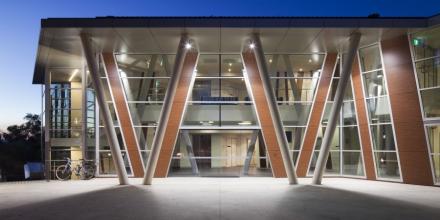Take my word for it – loanwords, and DNA, unveil a more interesting Indonesian history

Event details
Indonesia Study Group
Date & time
Venue
Speaker
Contacts
Indonesia’s tropical climate poses a major problem for research into its early history. The rapid disappearance of any perishable form of written documents means that the first first ‘traditional’ historical sources are the earliest extant (which is not the same as the first ever produced) inscriptions.
These are as late as the fifth century CE. Some historians therefore relegate everything before that time to the basket of prehistory. Yet archaeological remains reveal that a highly sophisticated level of technology and society, fully comparable to ‘historical’ societies elsewhere in the world, existed much before then.
In this seminar Ann Kumar argues that research into linguistics, especially loanwords, and on DNA can make a large contribution to the writing of a more human and much more interesting early history. Ann Kumar looks at two significant movements of people out of Indonesia, ie to Japan and to Madagascar respectively. These would never have been discovered without the study of the words and genes the Indonesian migrants left behind – their words in the language, their genes in the gene-pool – neither destroyed by the climate. Ann Kumar also looks briefly at three known movements of people into Indonesia, ie Indianisation, Islamisation and colonisation, to see what the study of loanwords and genes can add to our understanding of the impact of these processes.
Updated: 1 September 2024/Responsible Officer: Crawford Engagement/Page Contact: CAP Web Team






